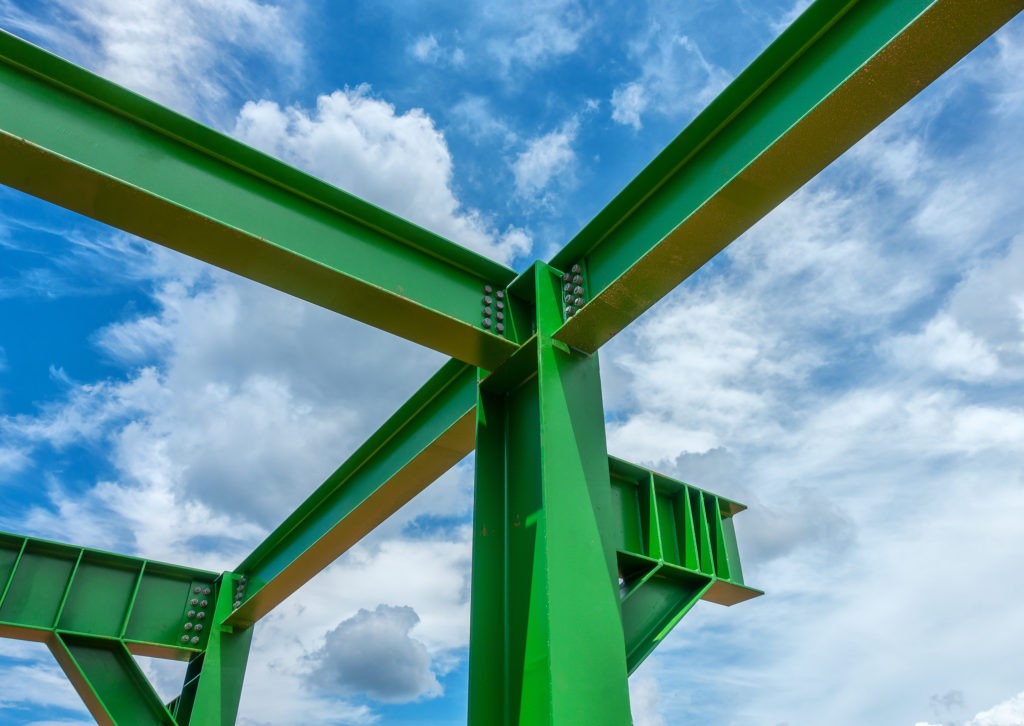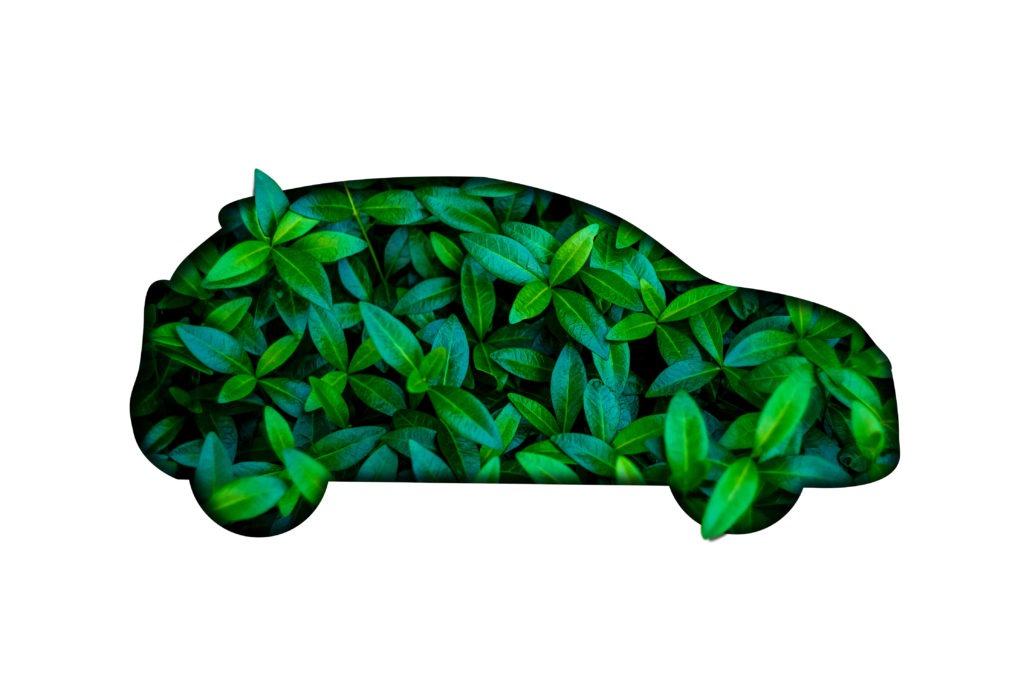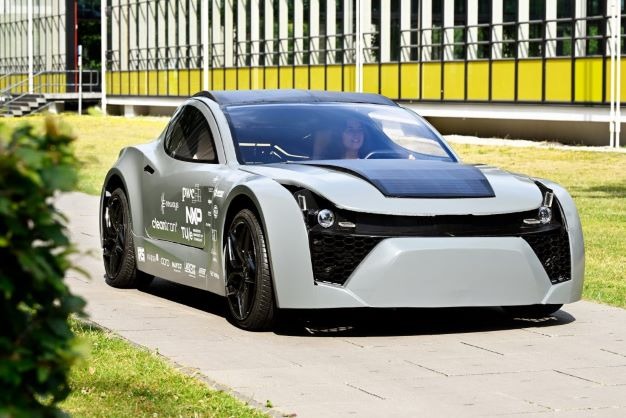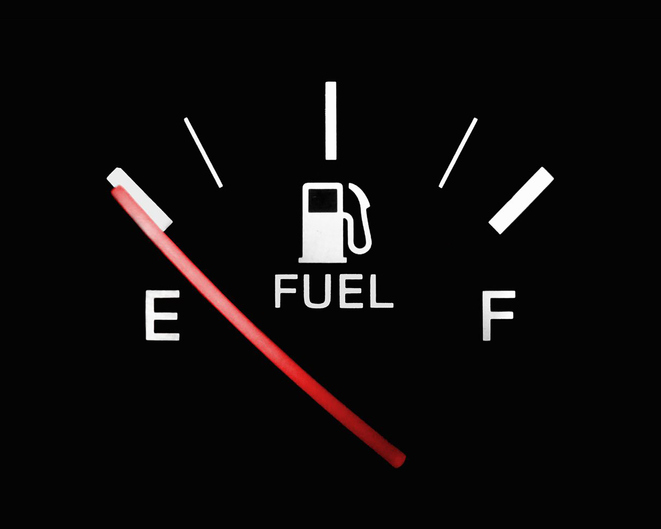‘Green’ lithium for Europe’s automotive industry
31 August 2022
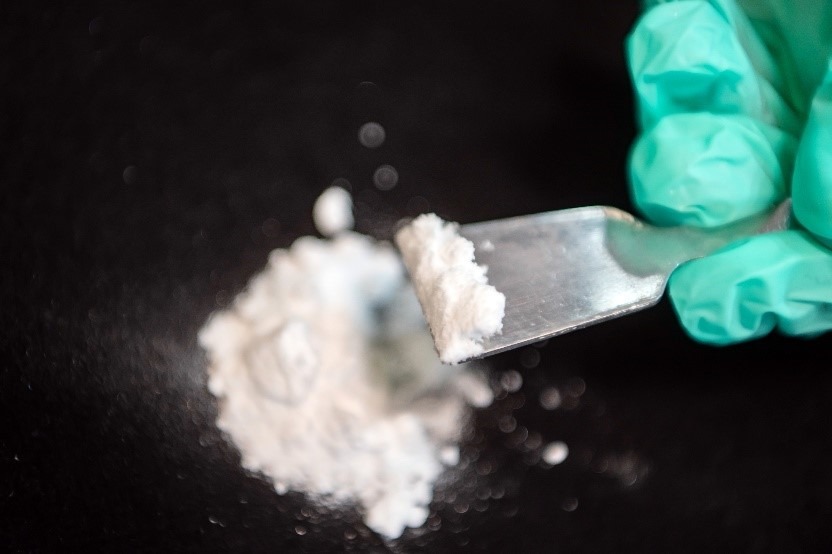
Can lithium be sourced in an environmentally friendly way? Autovista24 journalist Rebeka Shaid dives into the topic, examining a progressive project in Germany.
Lithium is one of the most coveted raw materials in the world. Dubbed ‘white gold’, it is a soft and silvery metal that is helping to electrify the automotive industry and is used by a number of other tech-focussed sectors. As a vital ingredient in electric-vehicle (EV) batteries, lithium can be found in magmatic rocks and mineral springs.
But Europe has a supply problem as 80% of the rare-earth mineral comes from China. On top of this, there are environmental concerns surrounding conventional lithium mining, which contaminates the soil and leads to toxic waste. Other side effects include water and biodiversity loss, ground destabilisation, and an increase of salinity in rivers.
Vulcan Energy Resources, a German-Australian company, is planning to address these issues. It is in the middle of bringing a zero-carbon lithium project to life in Germany to source the raw material locally and sustainably. The firm has secured major supply deals with European carmakers and battery-industry leaders, winning over notable investors on its quest to change the way lithium is sourced.
‘We extract lithium from hot thermal water at depths of 2,500 to 4,500 metres and produce lithium free of CO2, using a physical method,’ Horst Kreuter, Vulcan’s Germany-based managing director and geothermal expert, told Autovista24.
‘We avoid CO2 by using the heat from the geothermal well for the extraction process. More than 50% of the geothermal energy is left to be used for heating, cooling, and power production feeding in the region around the project,’ he added.
Decarbonising lithium
The key words are decarbonisation and renewable energy. Vulcan’s lithium project relies on naturally-occurring and renewable geothermal energy, which will be used to power the lithium extraction process. This will also create a renewable energy by-product that can be repurposed elsewhere. Vulcan stresses that it uses no fossil fuels, with its methods requiring little water.
Compared to other forms of lithium sourcing, this all sounds promising. Traditional hard-rock mining for one tonne of lithium hydroxide requires around 170m3 of water while emitting 15,000kg of CO2. Similarly, evaporation ponds – another way to obtain lithium – typically use 469m3 of water and produce 5,000kg of CO2.
Vulcan says its project will emit no CO2 while only using 80m3 of water per tonne of lithium hydroxide. Costs are also lower and Vulcan’s project in the German Upper Rhine valley takes up far less land than conventional types of extraction.
‘What makes our lithium production special is, that it is zero-carbon, with a much better environmental footprint, not just in CO2 emissions but in far less land and water use as well as waste left behind,’ Kreuter said.
Germany as a hotspot
Although Germany is home to Europe’s largest automotive industry, it is not a place commonly associated with lithium. But the country is home to Europe’s biggest lithium reservoir. Vulcan plans to start commercial production in 2024, with the overall goal to produce 40,000 tonnes of lithium per year – enough to power one million electric vehicles.
Source: Vulcan Energy
‘The Upper Rhine valley is a graben system and therefore the heat comes close to the surface, making the valley the geothermically hottest region in central Europe. Looking on a global scale, there are more advantageous regions like the US, Central America, Asia, and New Zealand,’ said Kreuter.
‘On the other hand, Germany is very keen to promote renewable energies through a feed-in tariff, which makes the use of geothermal an economic case. In the future though, heating and cooling will be the major use, especially as Europe wants to get independent from gas supply from the East.’
He cautioned that Germany currently obtains around 80% of its lithium requirements from China, Australia, and Chile, nations that he says often extract lithium using environmentally harmful methods.
Europe wants to cut its raw-material dependence on countries from outside the region and establish a local and sustainable supply chain as industries move towards electrification and carbon neutrality. By 2030, the EU will need 18 times more lithium than it currently uses, and shorter supply networks to improve resource efficiency are part of the solution.
Setting a trend
Lithium remains highly sought after as manufacturers electrify their fleets. Vulcan expects demand to rise steeply from 2024, and it is no coincidence that the clean-tech company is intending to kick off lithium supply by then.
‘We have sold our supply already to our customers, which are Umicore and LG Energy solution from the battery-supply industry, as well as to the car manufacturers VW, Stellantis, and Renault,’ said Kreuter.
‘As the car industry wants not just to sell electric cars but also to source environmentally friendly-produced metals, demand will be rising. This is also in our interest, not being a mining company but a renewable-energies company with lithium as a very important add-on,’ he added.
The company recently listed on the Frankfurt Stock Exchange, which Kreuter described as a milestone. Stellantis is due to become the second largest shareholder in Vulcan, following a €50 million investment in the company.
Kreuter explained that Vulcan will use the funds for its project development, a costly process. But he believes that the huge investment exemplifies the commitment of car manufacturers to source more sustainable products.
‘I think Stellantis is setting a trend here, as it is, to my knowledge, the first car manufacturer to invest in a company supplying lithium for the industry,’ he added.
Lithium in trouble
But industry research suggests that critical raw materials such as lithium and cobalt could one day disappear from EV batteries. Cheaper minerals, including calcium, might replace the metal. An acute shortage of lithium combined with environmental concerns related to the sourcing of the metal has led researchers to explore alternatives although most of these will be years away from being commercially viable.
Solid-state batteries and sodium-ion batteries could compete with lithium-ion packs, yet Kreuter emphasised that lithium is a very special element by size, weight, and agility. ‘It will be hard to replace, especially in the car industry that needs light and small batteries,’ he said. ‘We do not see an impact for at least 10 or 15 years. But guessing future developments is always hard.’
The EU Commission is considering classifying lithium as a toxic chemical, with the European Chemicals Agency’s Risk Assessment Committee arguing that three lithium salts should be categorised as dangerous to human health. Industry groups have contested this recommendation, which they say would hamper Europe’s green transition.
‘There needs to be more information and data reviewed before a decision should be taken, which endangers the growing battery and e-mobility development in Europe. There should be a critical evaluation to decide if any action in this respect should be taken,’ said Kreuter.
In the end, Vulcan wants to be an environmentally-friendly supplier of lithium, and the company is hoping that others will follows its example by trying to make lithium products more sustainable.
